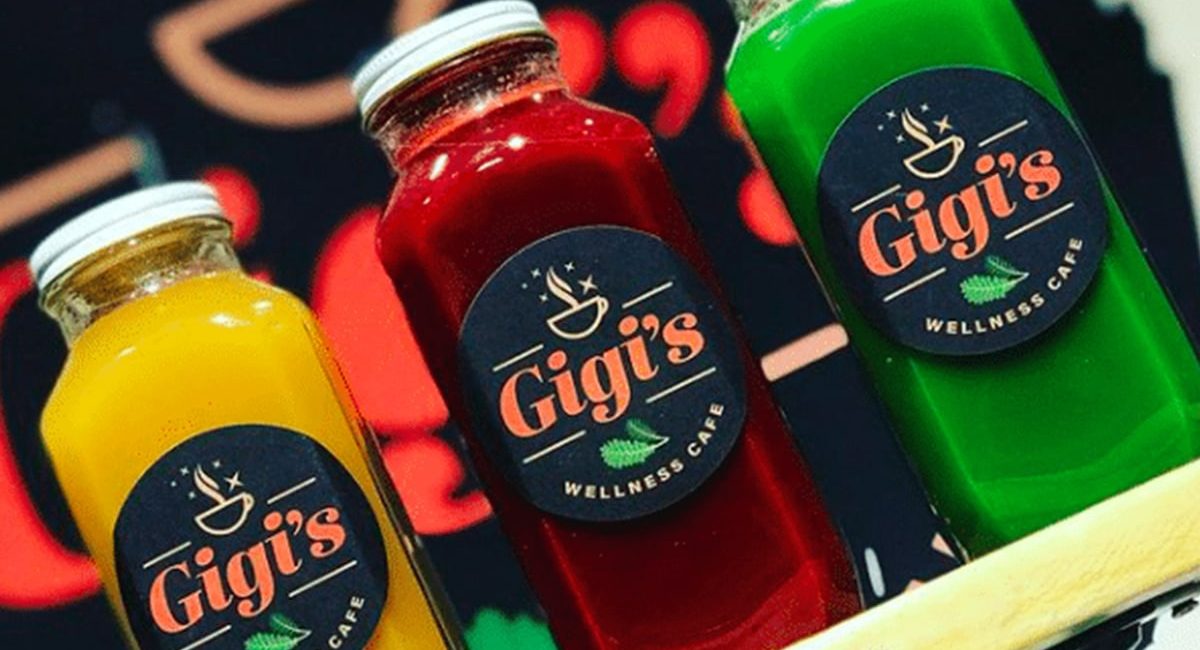Should restaurants consider becoming more environmentally friendly? Well, the numbers say they should.
According to a 2018 report, food production contributes to 26% of carbon emissions around the world. That number accounts for the entire lifecycle of a food item, including agriculture, transportation, packaging and food processing. Though large-scale, multinational companies make up the bulk of that 26%, several small, Black-owned businesses are taking steps to reduce it by becoming more environmentally friendly. With a growing body of research that says systemic racism has made black, brown and low-income communities more susceptible to the effects of global warming than their white counterparts, their efforts are not in vain.
But eco-friendly restaurant initiatives are not only helping address the climate crisis, they could have a positive impact on sales as well. According to a report by IBM and the National Retail Federation, more than half of consumers are willing to change their buying habits if it would reduce negative environmental impacts. Additionally, a recent survey of customers in Europe showed that two thirds supported “carbon labeling” on products – similar to labels showing caloric intake and nutritional value.
“Once a few brands begin to put carbon footprint labels on their products, we believe that consumers will use that information to inform their decisions; and will begin to demand it from other companies,” the chief executive of advocacy group Carbon Calories told Forbes.
From bottle recycling programs to compostable to-go packaging, check out what these Black-owned restaurants are doing to become more environmentally friendly.
The Vegan Hood Chefs
Website | Instagram | Facebook | 415-574-8203
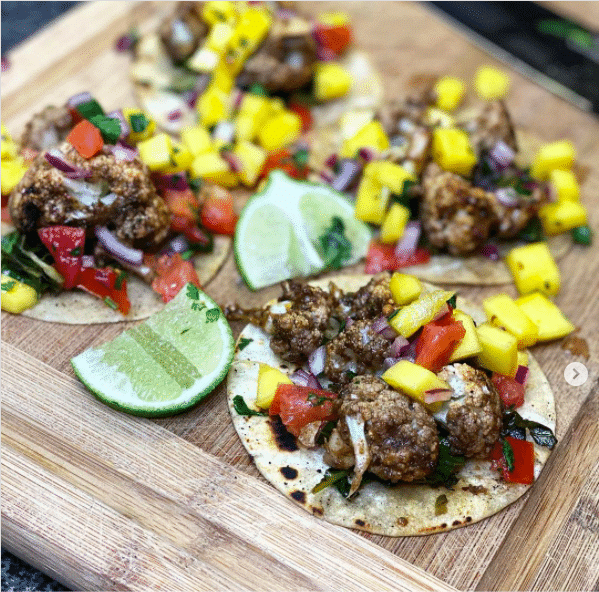
In addition to providing wellness and healthy living resources on their blog, The Vegan Hood Chefs in San Francisco, CA are actively working to reduce their carbon footprint through the use of eco-friendly products. That includes the use of environmentally friendly cutlery like napkins, plates and utensils in their catering and on-site cooking services. By pairing them with plant-based dishes like the Nubian Salad, Asparagus Rolls and Cajun Greens, it’s an important part of their overall mission to “revolutionize hood nutrition.”
“It wasn’t until we started to look at food from a social justice lens that we learned that the food choices and health issues of our community were directly linked to the lack of access and education,” Johnson told VegNews in a recent article. “We learned that most fast-food companies target particularly low-income Black and Brown people. Our goal was to create a food business that would also target Black and Brown people with healthier alternatives and language that was uplifting and reflective of our culture to thrive.”
Gigi’s Vegan Café
Website | Instagram | Facebook | 816-605-1819
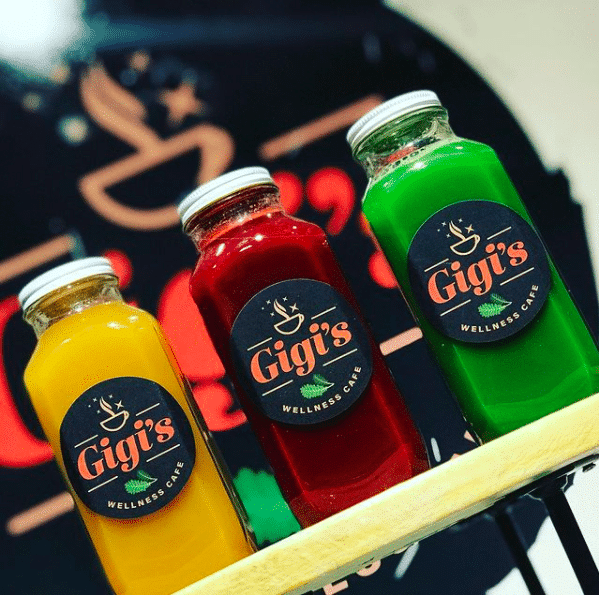
In the midst of the pandemic, Gigi Jones elected to use eco-friendly material in all of her restaurant’s to-go packaging. They use only recyclable material, such as glass juice jars, and avoid plastics as often as possible. This puts them in alignment with their goal of reducing their overall waste footprint, especially during a time of high to-go and delivery orders. As an added incentive for customers, Jones takes 5% off orders each time someone returns their glass juice bottles.
“My goal with Gigi’s was to create a space for wellness where people can feel safe and loved,” said owner Gigi Jones in an interview with Feast Magazine. “We want this to feel like home, even as a ‘green café.’ We recycle, we compost, we use as little plastic as possible. Everything here is vegan and organic, even the toothpaste. If you’re looking for a support system of gratitude, love, community, kindness and education, this is the place for you.”
Green Seed Vegan
Instagram | Facebook | 844-365-8346
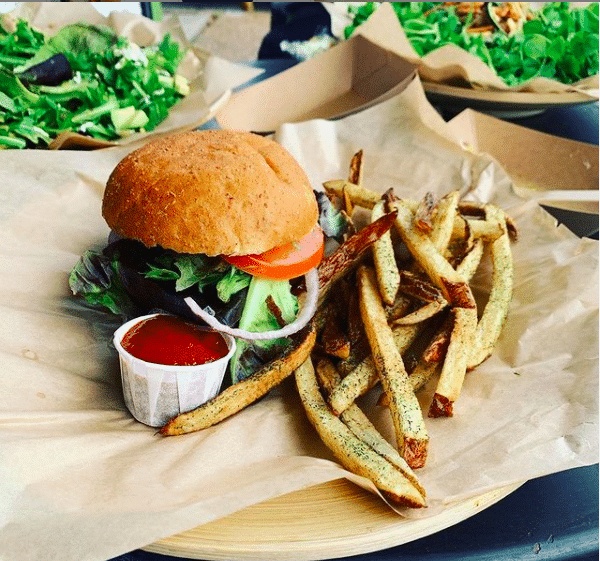
Not only do they offer a fully meat- and dairy-free menu with a robust selection of raw items, Green Seed Vegan in Houston, TX is reducing their carbon footprint by using wood-based cutlery, compostable straws and sleek, cardboard to-go packaging. They are a go-to for people who are not only trying to improve their diets, but decrease the negative environmental impact of their overall consumption.

